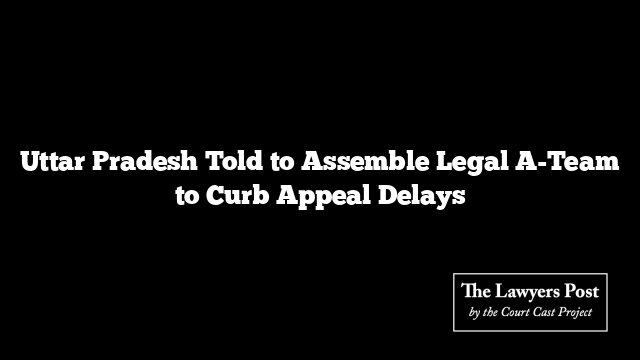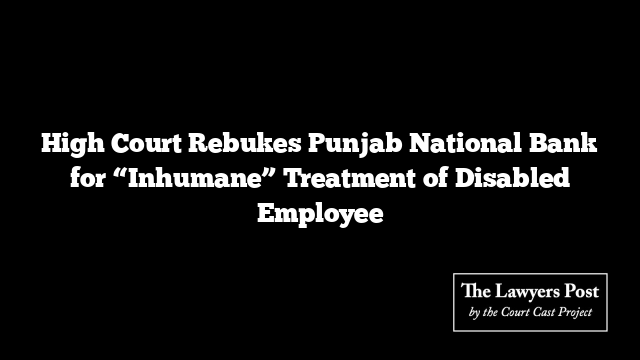In a bold move, the Allahabad High Court has directed the Uttar Pradesh government to get its act together and form dedicated legal teams to prevent the habitual tardiness in filing appeals. The Court’s directive aims to put an end to the State’s chronic delays, warning that treating these delays differently would set a perilous precedent [State of UP And Others vs M/S Harish Chandra India Limited].
Justice Shekhar B Saraf minced no words, stating that it’s high time the government establishes a specialized procedure to fast-track appeal filings within the statutory limits. “It’s taxpayers’ money on the line,” he remarked, while dismissing a state appeal in an arbitration case delayed by a whopping 224 days.
The Court didn’t just stop at criticism; it offered a solution. It recommended that each department should have its own dedicated legal team to monitor and manage legal matters promptly. These teams, comprised of seasoned legal professionals, would ensure accountability and swift action, eliminating the usual bureaucratic bottlenecks.
Justice Saraf suggested implementing robust tracking and monitoring systems to provide real-time updates on the status of legal cases. This centralized tracking system would keep everyone in the loop and help maintain adherence to critical deadlines.
In a move to bolster efficiency, the Court also proposed issuing clear guidelines and protocols for handling legal matters, aimed at minimizing errors and delays.
The Principal Secretary (Law), Government of Uttar Pradesh, has been tasked with the responsibility to ensure that appeals are filed within the statutory time limits. The Principal Secretary is required to submit a report within six months, detailing the actions taken. Assistance from a committee of experts may be sought if needed.
The Court underscored that government delays, regardless of their bureaucratic nature, must not be given special treatment under the Arbitration & Conciliation Act. Justice Saraf emphasized that the principle of justice demands equal treatment for all parties, with no room for preferential treatment of government entities.
The Court highlighted that arbitration is intended to be a quick and effective means of dispute resolution, and granting the government extended time limits would undermine this purpose. Such a move would erode public confidence in the legal system by suggesting government immunity from standard legal procedures.
In conclusion, the Court stated that while the government may face administrative and procedural hurdles, it must implement robust mechanisms to ensure timely filing of appeals. Efficient legal management is crucial for maintaining public trust and ensuring the proper use of public resources.
The State was represented by Additional Chief Standing Counsel Rishi Kumar, while Advocate Mohd Arish appeared for the respondent.





